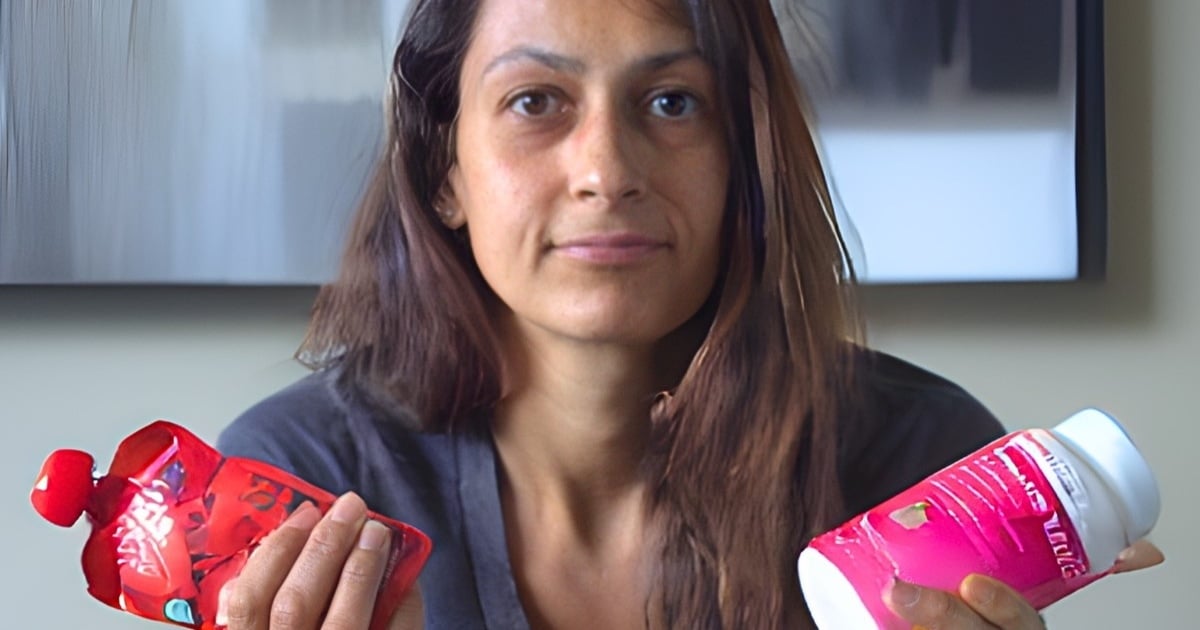[ad_1]
Have you seen the video that went viral on Facebook in which four amazing women with type 1 diabetes talk about what hypoglycemia (low blood sugar) feels like?
I love this video, and it inspired me to think about what a low blood sugar feels like for me and to put it into words in this post. I think this is particularly useful for friends and family who may not know or understand what it’s like.
Please watch the video and consider sharing this article with your loved ones if you think it helps explain how you feel when your blood sugar is low.
Table of Contents
What does low blood sugar feel like?
Trying to explain a feeling is always hard, and trying to explain something as unique as the feeling of low blood sugar is even harder.
The physical aspects of a low are easier to describe, so let’s start with those.
I almost always feel the signs of a low blood sugar before it becomes critical. I’ll feel it when my blood sugar is around 60 mg/dL (3.3 mmol/L).
(Hypoglycemia is generally officially defined as a glucose level at or below 70 mg/dL. However, symptoms appear at different levels in different people.)
Mild low blood sugar symptoms
I’ll start shaking a little, my cognitive function goes out the window, I get weak, and I typically start sweating. These are among the most common mild low blood sugar symptoms, which can include:
- Weakness
- Sweating
- Hunger
- Tiredness
- Dizziness
- Lightheadedness
- Mood swings (such as nervousness or fear)
A half-cup of juice or some glucose tablets will usually get me back to normal pretty quickly, and I’ll move on with my day. (Follow the instructions on your glucose tablets to determine how many to take, and learn more about treating hypoglycemia in How to Treat Lows as Quickly as Possible.)
Moderate to severe low blood sugar symptoms
But when I don’t catch my symptoms before they get severe and my sugars dip lower, that’s a whole other story. Symptoms of moderate or severe hypoglycemia can include:
- Nausea
- Stomach pain
- Nightmares
- Abnormally fast or slow heartbeat
- Confusion
- Blurry vision
- Vomiting
- Impaired cognitive function (mental abilities)
- Fainting
- Seizures
- Coma or even death
I rarely experience more significant episodes of hypoglycemia during the day because I can catch it before it gets to this stage, but it will sometimes happen in my sleep.
Nighttime hypoglycemia
I’ll wake up in the middle of the night and know it’s bad if I’ve had a “stress dream” (for example, things will move excessively fast in the dream or I’ll be caught in a loop of some sort) or a nightmare, and I’m sweating profusely and shaking.
And then there’s the feeling — it is an urge, an almost primal need to eat. I’ll stand in the kitchen, drenched and shaking, with all of my instincts screaming “feed me!”
It makes sense. At this point, my brain isn’t getting enough glucose to function as it should, so the instincts take over in order for me not to die.
It is, to put it mildly, extremely uncomfortable. And if you don’t have a plan in place, a strategy for what to do during lows, you will quickly have emptied the fridge and cabinets and eaten anything you can get your hands on.
The normal signals that tell you to stop eating are simply put on standby when your blood sugar is low.
I have written an entire post about how I treat lows at night, and I always try to follow that strategy. And no, this approach doesn’t always work (and what works for one person may not necessarily work for another).
If you aren’t experiencing symptoms of low blood sugar, learn more in Hypoglycemia Unawareness.
How to avoid low blood sugar
For some people, lows can be very scary, but I’ve never passed out from a low or had a seizure, so lows don’t scare me as such. But I will still do everything I can to avoid them.
In fact, I rarely have lows, and I think there are several reasons for that. Most importantly, I wear a continuous glucose monitor (CGM). Since my CGM warns me before I go low, I can be proactive and prevent it from happening in the first place.
The CGM alarm for lows can be especially helpful during the night, since they wake me up when I’m sleeping and might otherwise not be aware of the developing low.
I also manually check my blood sugar levels frequently and have spent a lot of time figuring out my insulin needs for different times of day, types of exercise, and kinds of food.
This didn’t happen overnight, but I’m happy to say that for me, low blood sugars are now infrequent and rarely severe.
Final thoughts
We all experience lows differently, but I think anybody who has ever experienced what low blood sugar feels like will agree that it’s beyond uncomfortable.
So, next time one of your loved ones asks, “How do you feel when your sugar is low?” consider showing them this article and video.
It’s impossible to fully understand if you have never had a low yourself, but this should at least give them some understanding of what you are going through.
Suggested next post: What Levels of Blood Sugar Are Dangerous?
[ad_2]
Source_link

